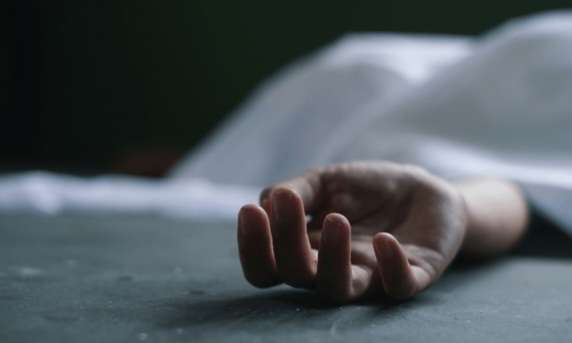The right to life - Editorial
4 June 2012 03:02 am Views - 2472
Many aeons ago, on a day like this, Ven. Arahat Mahinda Thera first appeared before King Devanampiya Tissa in Mihintale, which was then a sanctuary of royal hunters. He made the King spare the life of the deer, the former was chasing. The King took a moment to realize the worth of another life, and did at Arahat Mahinda Thera’s behest. Thus, the vital concept of ‘live and let live’ was emphasized through the term ‘abhaya dana’ which is considered as one of the most meritorious deeds one could ever perform.
.jpg)
Hence, the Poson Poya Day, commemorated islandwide today, not only narrates the establishment Buddhism in the country, but also the introduction of humanistic fundamentals that are supported by every religion and doctrine. Specially in the absence of a constitutional provision that assures the right to life, religious principles play a major role in making people life-givers instead of live-takers. Yet, one look at the current picture of the island nation, and one would get the impression that Arahat Mahinda Thera’s word
has got lost in translation. It has failed to travel the time. It is not only the deer that are being hunted now. Neither are the herds of cattle the only helpless creatures to get slaughtered daily. People too have become the victims in tragedies where the doers belong to the same kind.
Ours is a country with an escalating crime rate where killings fill the news bulletins, and bodies are recovered from roadsides almost daily. Leave alone the authorities’ inability to curb the disturbing trend, those who still call this land the ‘Dhamma Deepaya’ need to question themselves whether the term is still valid. Poson is not all about displaying a cardboard replica of Mihintale in front of the homes or distributing food in ‘dansal.’ No doubt, ‘Amisa pooja’, do bring merits in return, but such offerings lose their value when the core ideals of the Buddha Dhamma preached by Arahat Mahinda Thera are not followed. Thus, to commemorate the Poson Poya in a genuine manner, Sri Lankans still have a lot of ground to cover.
Perhaps, we have been so overwhelmed by King Dharmashoka’s generosity that all this while, instead of unwrapping the gift, we were only running our fingers over it.
After all, any dhamma that is not practised cannot be preserved for posterity.

